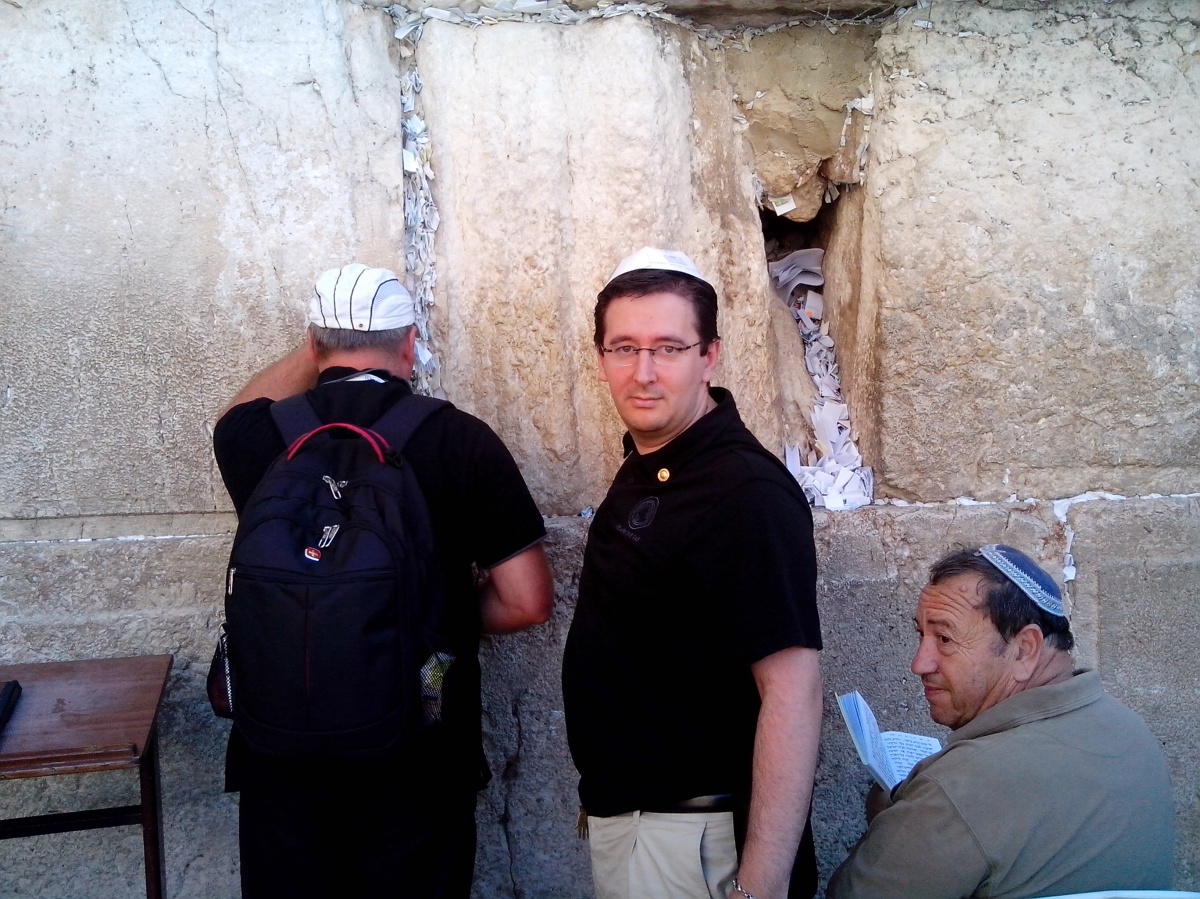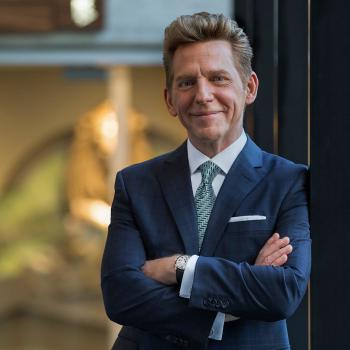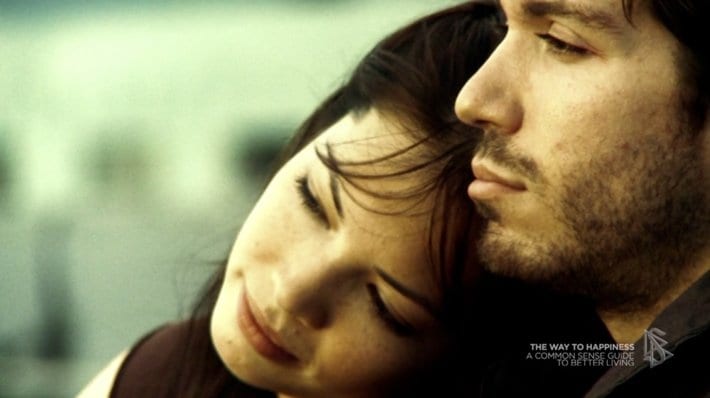By Ivan Arjona, President of the National Church of Scientology of Spain

I had the privileged opportunity of visiting Israel, specifically Tel Aviv, Jaffa and Jerusalem. It was a 3 day trip to attend the opening ceremony of our most recent place of worship, our new Center of Scientology in the Middle East. The dedication of the Center was held on Tuesday August 21, 2012, with temperatures lower than Madrid but far more humid.
The ceremony was attended by over 2,000 people from 27 different nations, and many different religions—Scientologists, Jews, Christians, Catholics, Muslims and people with no religious beliefs. It was a great example of unity, respect and cooperation, to open a center that will serve as a meeting ground among different religions cooperating together to improve society.
When you talk about this region, you think about all the stories of “bombs” and “shootouts” that you see in the media. Obviously I’m not trying to say that there are no incidents, but it opened my eyes to see that for the few days I was there, no such incidents occurred, making me think that the media alter and exaggerate the way things are.
Of course, having the opportunity to visit Holy Land and I could not but satisfy my desire to breath the very air and understand this land that has generated so much hope and over which so much conflict has arisen. And it created a great impression on me—the sights, the sounds…the spirituality.
I experienced the sorrow of the Wailing Wall but also the hope it has engendered down the ages. And it rekindled in me the dream and desire that all religions come together, each with its own practices and beliefs, to build a better world—a world without insanity, without criminals, without war. A world described in the Aims of Scientology by L. Ron Hubbard.
As a final note, I include a passage from the book The Way to Happiness , entitled “Respect the Religious Beliefs of Others”:
Tolerance is a good cornerstone on which to build human relationships. When one views the slaughter and suffering caused by religious intolerance down all the history of Man and into modern times, one can see that intolerance is a very non-survival activity.
Religious tolerance does not mean one cannot express his own beliefs. It does mean that seeking to undermine or attack the religious faith and beliefs of another has always been a short road to trouble.
Philosophers since the times of ancient Greece have disputed with one another about the nature of God, Man and the universe. The opinions of authorities ebb and flow: just now the philosophies of “mechanism”1 and “materialism”2—dating as far back as Ancient Egypt and Greece—are the fad: they seek to assert that all is matter and overlook that, neat as their explanations of evolution may be, they still do not rule out additional factors that might be at work, that might be merely using such things as evolution. They are today the “official” philosophies and are even taught in schools. They have their own zealots who attack the beliefs and religions of others: the result can be intolerance and contention.
If all the brightest minds since the fifth century B.C. or before have never been able to agree on the subject of religion or anti-religion, it is an arena of combat between people that one would do well to stay out of.
In this sea of contention, one bright principle has emerged: the right to believe as one chooses.
“Faith” and “belief” do not necessarily surrender to logic: they cannot even be declared to be illogical. They can be things quite apart.
Any advice one might give another on this subject is safest when it simply asserts the right to believe as one chooses. One is at liberty to hold up his own beliefs for acceptance. One is at risk when he seeks to assault the beliefs of others, much more so when he attacks and seeks to harm them because of their religious convictions.
Man, since the dawn of the species, has taken great consolation and joy in his religions. Even the “mechanist” and “materialist” of today sound much like the priests of old as they spread their dogma.
Men without faith are a pretty sorry lot. They can even be given something to have faith in. But when they have religious beliefs, respect them.
The way to happiness can
become contentious when one
fails to respect the religious
beliefs of others.








